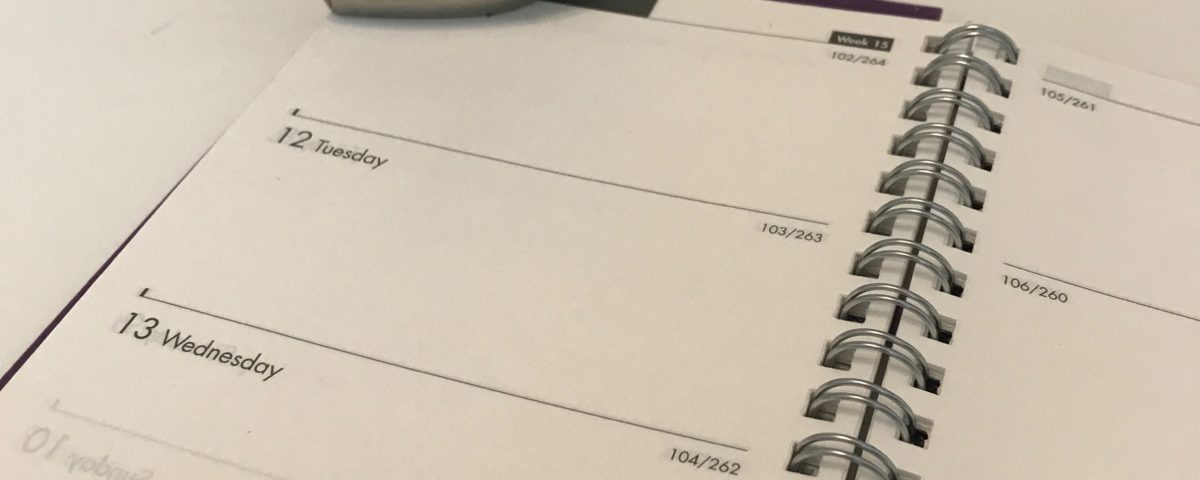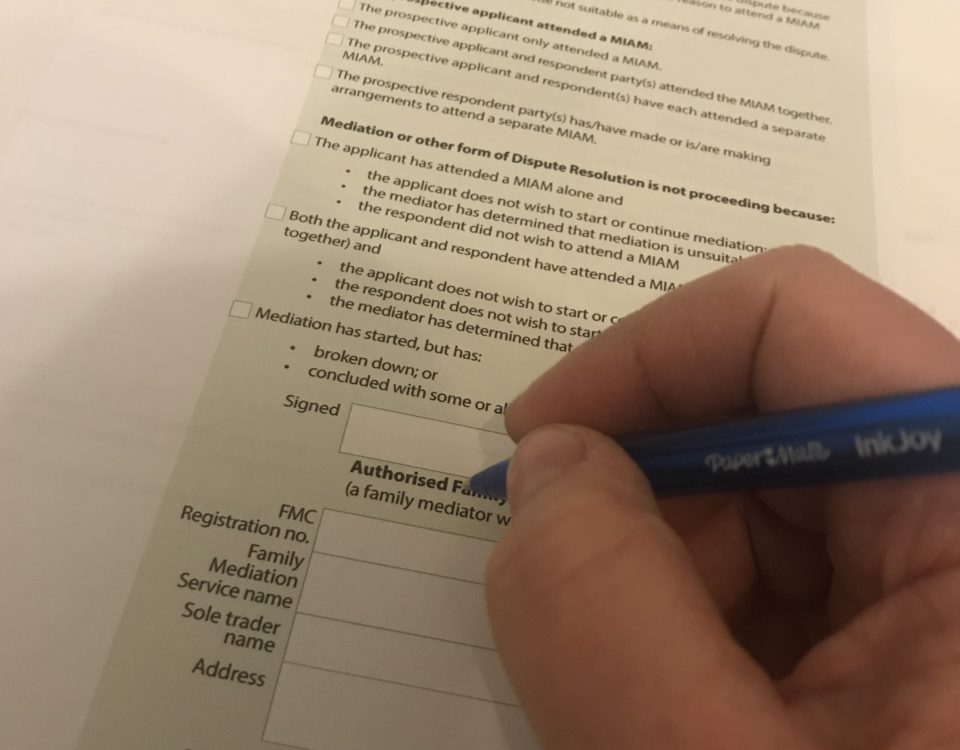
How to say we’re over?
July 13, 2017
Keeping Christmas Traditions
November 11, 2017When to mediate?
Mediate before legal proceedings
The key decision for many people is when to issue legal proceedings. In a small claim, there maybe resistance by ‘the other party’ to respond to the complaint, particularly if the response involves return of money or compensation. Occasionally, the only way to overcome the resistance is to issue a money claim online or court proceedings. In some cases, for example medical negligence, it is important that alternative dispute resolution has been attempted before proceedings are issued.
Mediate after legal proceedings have been issued
After court proceedings have been issued, there yet another opportunity for mediation. Indeed, to have an audit trail of the attempts to mediate is important in order to demonstrate that everything has been done to avoid going to trial. Some parties in small claims use only text or voicemail to communicate. It is difficult to demonstrate an audit trail in such circumstances and perhaps individuals should consider emails or letters which can record the evidence.
Mediate when a judge directs parties
A judge can give specific directions that a case should go to mediation. When this happens, it is probably wise to heed that advice and take a proactive role in mediation. If a party refuses or sabotages an attempt to settle the judge will take a dim view of the behaviour.
What you can expect from mediated settlement
Mediations frequently result in a deal or compromise. Mediation is a reality check on how strong your case really is…. Parties sometimes know when they have lack of evidence, difference of opinion or the risk of losing when going to court. The cost of going to court can be an important factor in compromising. Compromising in mediation can save reputational damage and allow confidentiality to remain secure.
Loans to family and friends
In very small claims, when a matter is straightforward, for example a friend borrowed £500 and now won’t repay it, then ‘a deal’ may not be appropriate as the return of full sum is needed. We can still help in mediation by settling the terms and time to pay between the parties.
In business, it’s always better to mediate
It is often said that when somebody ‘won’t pay’ they either can’t afford to pay or they have a complaint and feel they shouldn’t pay. If you’re a business who is owed money its worth thinking about why you haven’t been paid. It may be better to mediate, than issue proceedings straight way. Court proceedings can be issued after mediation if you don’t settle but nearly 80% settle so that’s worth thinking about too.
For further information visit www.mediateddisputesolutions.uk




